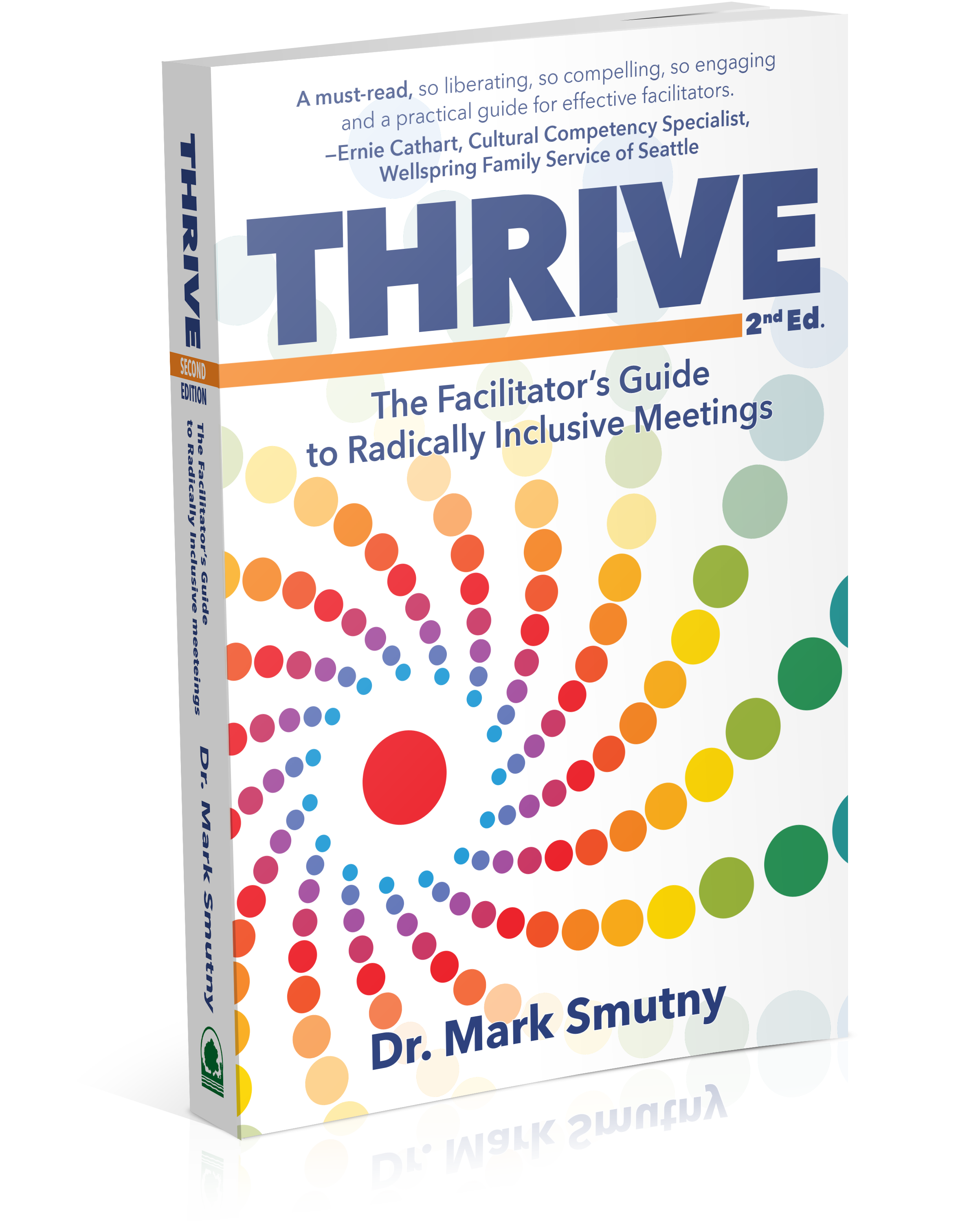 Conflict is Inevitable
Conflict is Inevitable
Leaders, facilitators, and consultants are frequently called upon to mediate conflicts between competing viewpoints and positions. Internal conflicts within coalitions, neighborhood groups, and organizations can hinder progress and create a challenging environment for those striving for consensus. Resolving conflicts among seemingly intractable factions can be particularly difficult.
Getting to YES without Giving In
Over thirty years ago, Roger Fisher and William Ury of the Harvard Negotiation Project introduced millions to the art of interest-based, principled negotiation in their best-selling book, Getting to Yes without Giving In. Whether addressing labor/management negotiations, international treaties, or divorces, these Harvard Law professors demonstrated that traditional positional bargaining was ineffective. They highlighted the pitfalls of “soft” bargainers and the stubbornness of “hard” bargainers in the unproductive cycle of positional bargaining, where one side stays tough, the other side waits, and the process drags on indefinitely until someone caves—or doesn’t.
Interest-Based, Principled Negotiation
Interest-based, principled negotiation, also known as problem-solving negotiation, offers a more productive approach. Nonprofits, community organizations, and relationships often face conflicts over issues such as facility use, budgets, personnel, and mission priorities. Healthy organizations develop group skills to negotiate conflicts productively. Unfortunately, many organizations suffer from deeply rooted behavioral patterns that block effective conflict management and resolution.
The nature of many nonprofits complicates matters. Dedication to a nonprofit’s mission often involves powerful emotions and loyalties, drawing from deep-seated hopes, fears, and passions. Nonprofits frequently operate with limited resources of time, people, and money. At the same time, conflict is often seen as unseemly or contrary to the organization’s purpose. If an organization hasn’t learned healthy ways to negotiate conflict, it may deny, suppress, or manipulate it. When a nonprofit masters productive conflict management, it can experience renewed energy, passion, and creativity.
Prolonged, unresolved conflict can lead to destructive behaviors that may have persisted for years or even decades. Such trauma can embed unconscious rules and decision-making structures that unknowingly shape group behavior in harmful ways, diverting energy and resources into unproductive fighting rather than advancing the nonprofit’s mission. Bringing these patterns to consciousness and practicing fair conflict resolution can strengthen an organization and enhance its service to its mission.
While conflict management strategies must be tailored to specific situations, one effective method is Interest-Based, Principled Negotiation, developed by Roger Fisher of the Harvard Negotiation Project. Based on research in divorce mediation, international arms negotiations, and labor-management disputes, this method has also proven effective in cross-cultural conflicts. Fisher contrasts his interest-based approach with the familiar yet often unproductive “positional bargaining,” where parties stake out positions, argue their merits, and engage in a cycle of holding fast, modifying, compromising, and conceding. Positional bargaining often results in fragile, sloppy agreements that favor the hard bargainer.
Interest-based, principled negotiation offers a productive alternative. It helps produce wise agreements, if agreements are possible, and it is efficient while improving or at least not damaging relationships. Fisher outlines four basic steps to this method:
-
Separate the People from the Problem
Strong emotions often get entangled with the objective merits of a problem. Positions can become intertwined with egos. By disentangling emotions from the substance and addressing them first, the problem can be tackled collaboratively rather than adversarially.
-
Focus on Interests, Not Positions
A negotiating position often obscures what a party truly wants. Underlying every position is an interest. Until these underlying interests are addressed, no amount of positional bargaining will succeed. Interests reflect motives, needs, desires, concerns, and fears. Reconciliation of interests works because there are usually multiple positions that can satisfy an interest, and shared or compatible interests provide a foundation for wise, lasting agreements. Understanding interests requires empathetic questioning and identifying and explaining them clearly.
-
Generate a Variety of Possibilities Before Deciding What to Do
Brainstorming and listing options for mutual gain without premature judgment encourages creative solutions. Avoid assuming the pie is fixed or shrinking. Engage all parties in generating options, highlight the most promising ideas, and evaluate whether underlying interests are likely to be met.
-
Insist That the Result Be Based on Some Objective Criteria
Interests often conflict, and glowing talk about “win-win solutions” can obscure the reality of these conflicts. Instead of letting negotiations deteriorate into a contest of wills, base solutions on objective criteria. These can be fair standards (e.g., precedent, efficiency, costs, moral standards) or fair procedures (e.g., letting a more objective group decide). The process should involve a joint search for objective criteria, relying on reason and principles rather than pressure.
For more resources on building healthy nonprofits:
For more ideas, resources and consulting services, visit my website at https://civicreinventions.com. Email me at mark.smutny@civicreinventions.com or call me at 626-676-0287.
Dr. Mark Smutny is a nonprofit consultant specializing in conflict resolution, strategic planning and leading DEI immersion workshops. He teaches, writes, and consults on transforming unproductive conflict into mission success and how to build inclusive organizations. He is the award-winning author of Thrive: The Facilitator’s Guide to Radically Inclusive Meetings, 2nd Edition.
© 2024 Mark Smutny and Civic Reinventions, Inc. All rights reserved.
